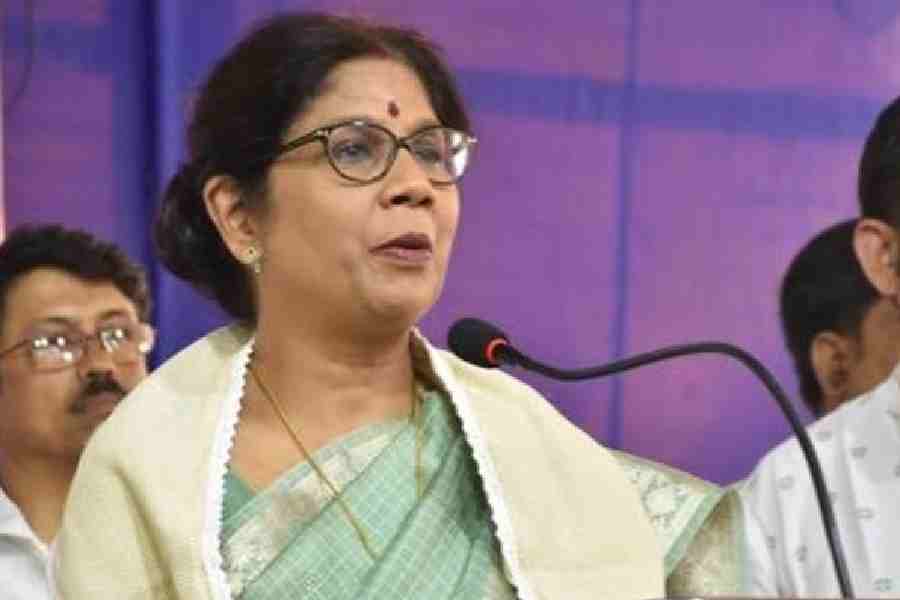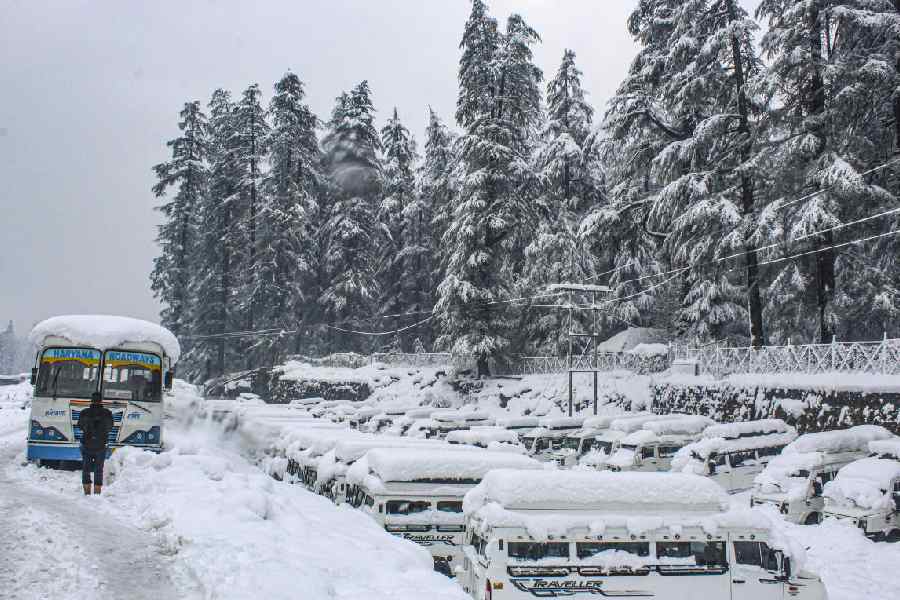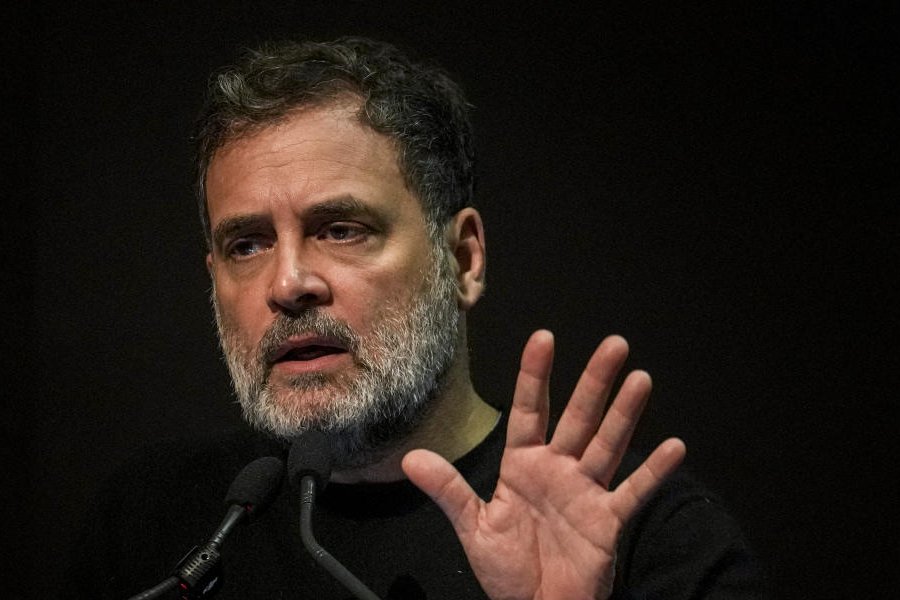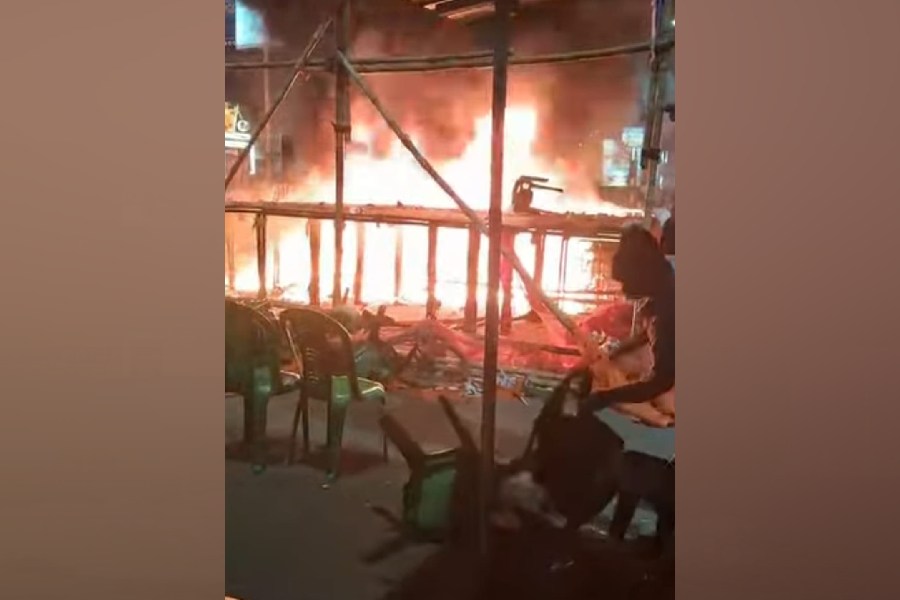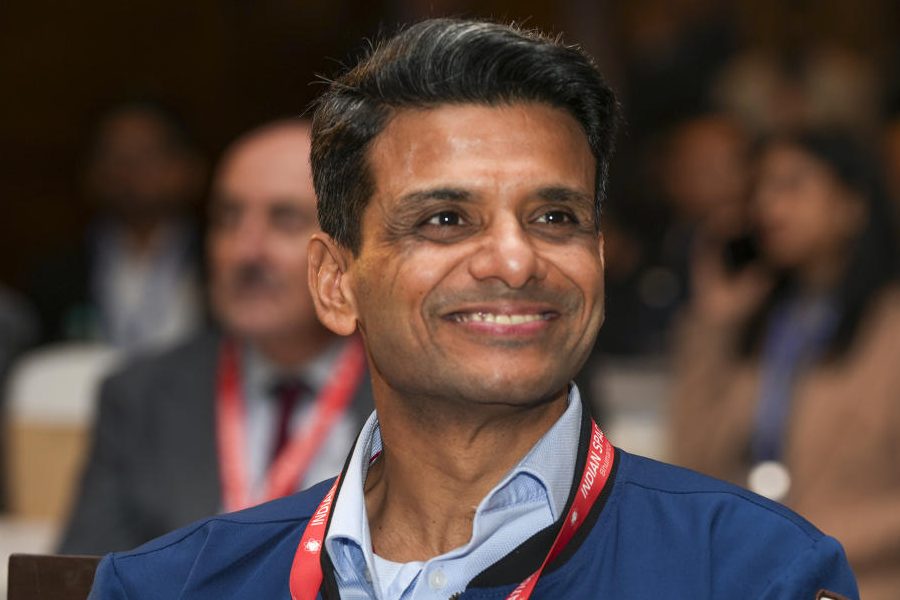Salt Lake: Government doctors working part-time in two private hospitals have told their secondary employers that they would like to go off the roster "till further notice" because the health department has started collecting employment data to identify those spending more time in private practice.
The panic started after the director of health services issued a circular on June 22 asking the chief medical officers of health in all districts to inform private health care establishments employing government doctors that they must submit this data in the prescribed format.
An official of the health department said on Friday that the move was meant to rein in a section of government doctors, mainly in the suburbs and districts, notorious for neglecting their official responsibilities to work almost full-time in private hospitals and nursing homes.
Several of the top hospitals in this city have started preparing their lists and at least two have had government doctors informing them of their inability to continue moonlighting for an indefinite period.
"Under rule 6, sub-rule 8 of the West Bengal Clinical Establishments (Registration, Regulation and Transparency) Rules, 2017, no clinical establishment shall engage or empanel any person already engaged by the government of West Bengal, or allow such person to render any health care service who is yet to obtain express permission in the form of a 'no-objection certificate' from the government," states a memo addressed to private health care institutes.
It mentions that although government doctors are allowed to engage in private practice with official consent, the health department has felt the need to collect information regarding those working for private nursing homes and hospitals with or without permission.
"It is mandatory to display the detailed information regarding name, government designation, hours of availability as part-time of the government staff, if any," the memo states.
Asked whether a government doctor who had been working without obtaining the no-objection certificate could do so now, an official in the headquarters of the health department said several factors needed to be considered before granting permission.
Private hospitals, which have been under pressure to cut rates for treatment, said the government's attempt to keep its doctors on a leash would hurt them.
"We have empanelled government doctors who are in great demand," said the CEO of a private hospital in south Calcutta. "Patients who don't want to visit government hospitals but wish to consult their best doctors benefit from this system."
The head of one private hospital said the management would speak to its empanelled government doctors on Monday to find a way out.
A medical college veteran argued that forcing government doctors to put in longer hours at the expense of private practice would not alone improve the quality of health care in Bengal. "We need to improve the quality of service by Group D employees, nurses and others. We also need more beds and modern equipment," he said.
In 1990, the then Left Front government had banned private practice by government doctors. Under Buddhadeb Bhattacharjee, the government introduced the West Bengal State Health Services (Amendment) Bill in 2005, allowing private practice and also indirectly acknowledging that the ban had robbed the state's medical colleges of good teachers.
Tuphan Kanti Dolai, professor of haematology at NRS Medical College and Hospital, said that state governments elsewhere were lenient about when their doctors could work part-time.
BITTER PILL
1990: Private practice by govt doctors banned
2005: Private practice reintroduced
2018: Leash on doctors working part-time


